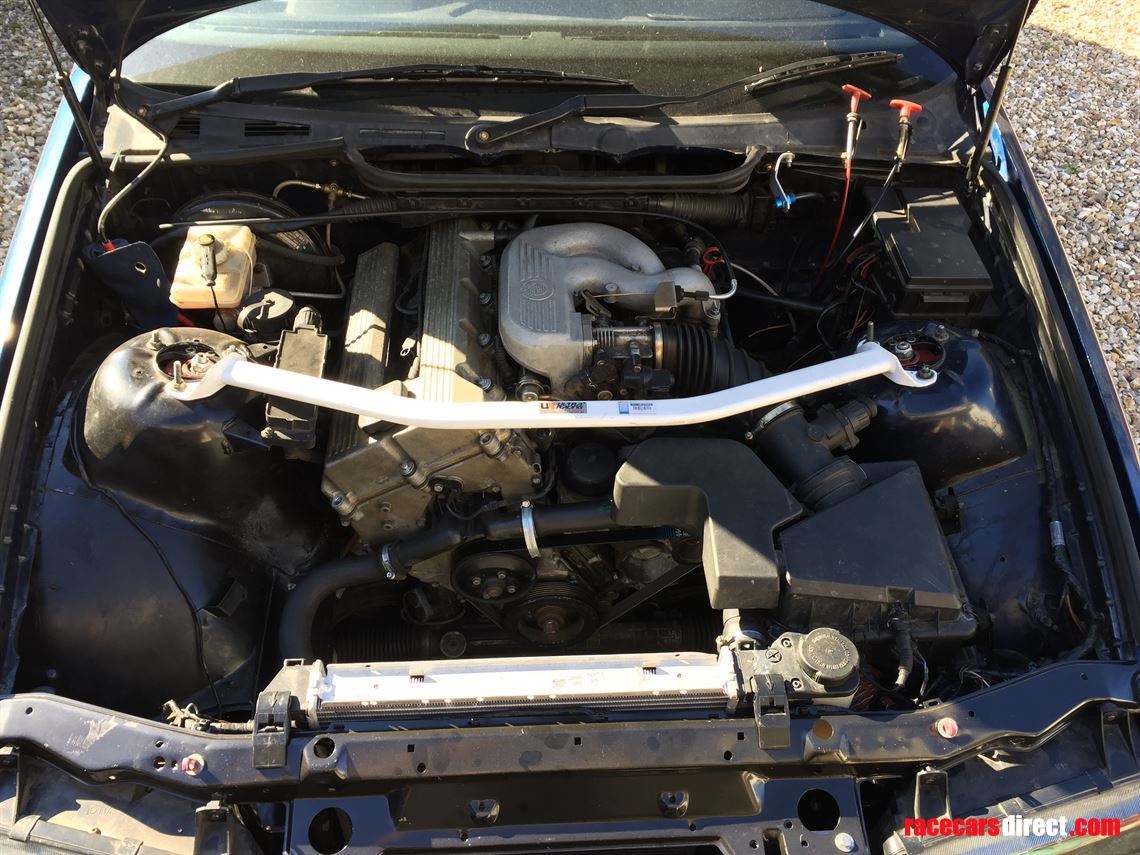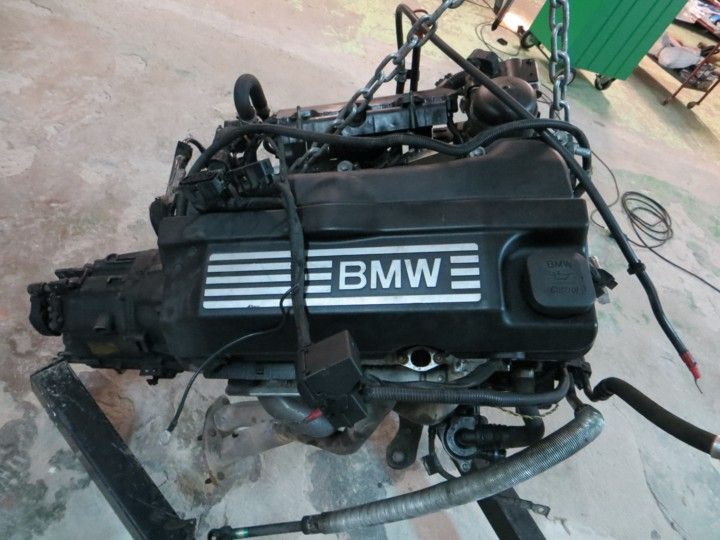BMW 318ti: Efficiency Specs and Features Explained
Trick Features to Search For When Getting an Engine for Automotive Applications
When taking into consideration the purchase of an engine for automotive applications, several vital functions warrant careful evaluation to ensure optimal efficiency and capability. From power and efficiency abilities to sustain resilience, efficiency, and adherence to exhausts criteria, each facet plays an important role in figuring out the engine's viability for details vehicle requirements.
Power and Efficiency
When choosing a vehicle engine, buyers focus on power and efficiency to make sure ideal driving experience and performance. A well-performing engine not only delivers power efficiently but also runs efficiently throughout different speed arrays and driving problems.
Additionally, elements such as engine turbocharging, variation, and crossbreed modern technologies play substantial functions in enhancing both power and efficiency degrees. Ultimately, choosing an engine that offers a potent mix of power and performance makes sure a gratifying and reliable driving experience.
Gas Effectiveness
Enhancing gas effectiveness is a paramount consideration for customers when evaluating automobile engine choices. Modern engines with attributes like direct gas shot, turbocharging, and variable valve timing can considerably enhance fuel performance by boosting combustion processes and lowering energy loss.

Resilience and Integrity
Achieving long-lasting efficiency and reputable operation is crucial for consumers evaluating the resilience and dependability of automobile engines. When considering an engine for automotive applications, sturdiness describes the engine's capacity to hold up against wear, stress, and harsh operating conditions over a prolonged duration. Integrity, on the other hand, implies that the engine can consistently do its intended feature without unexpected break downs or failures.
Consumers ought to seek engines created with high-quality materials and accurate engineering to ensure longevity. Components such as crankshafts, pistons, and bearings must be sturdy to take care of the engine's power result without premature wear. In addition, engines furnished with innovative cooling systems, reliable lubrication, and durable filtration devices tend to exhibit greater levels of dependability.
Routine upkeep and adherence to manufacturer recommendations are also critical consider protecting an engine's sturdiness and reliability. By adhering to upkeep schedules, utilizing recommended liquids, and addressing any type of concerns immediately, customers can optimize the life expectancy and performance of their automobile engines. Inevitably, focusing on toughness and integrity in engine choice can cause a much more gratifying possession experience with less unanticipated interruptions.
Emissions Conformity
Guaranteeing conformity with exhausts regulations is a vital aspect of reviewing automobile engines for ecologically conscious customers. With raising problems concerning air high quality and environmental effect, strict emissions standards have actually been established globally to minimize hazardous pollutants launched right into the ambience. When purchasing an engine for auto applications, it is vital to consider its discharges conformity to decrease the carbon footprint and abide by legal needs.
Modern engines are equipped with advanced exhaust control modern technologies such as catalytic converters, exhaust gas recirculation (EGR) systems, and careful catalytic decrease (SCR) to reduce damaging exhaust gases like nitrogen oxides (NOx), carbon monoxide (CO), and hydrocarbons (HC) These systems play a vital duty in guaranteeing that the engine fulfills the specified exhausts standards and runs within allowable limits.

Cost-effectiveness
When thinking about automobile engine acquisitions, reviewing cost-effectiveness is paramount for customers looking for both performance and value. Cost-effectiveness in engine acquisition entails even more than simply the initial purchase rate. It incorporates the general costs associated with upkeep, gas usage, and possible repairs over the engine's life expectancy. Selecting an engine that offers a balance in between ahead of time prices and long-lasting cost savings can cause considerable benefits for the customer.
One trick aspect of cost-effectiveness is fuel efficiency. Engines that are developed to take full advantage of fuel economy can lead to significant cost savings in time, particularly for individuals that drive regularly or over long ranges. Additionally, taking into consideration the availability and affordability of extra components and maintenance can add to the total cost-effectiveness of an engine. Making certain that maintenance and repairs are practical and obtainable can avoid unanticipated economic concerns down the line.

Verdict
To conclude, when buying click reference an engine for automobile applications, it is important to consider crucial functions such as power and efficiency, fuel integrity, resilience and performance, emissions compliance, and cost-effectiveness. These aspects are important in making sure that Read Full Report the engine fulfills the demands of the vehicle and operates effectively in various driving conditions - bmw 318ti. Making a notified choice based on these criteria will ultimately bring about a effective and efficient auto engine purchase
From power and performance abilities to sustain adherence, performance, and sturdiness to discharges requirements, each facet plays an essential function in determining the engine's viability for particular auto needs. Engines made to run on alternative gas such as electrical power, crossbreed systems, or biofuels can offer enhanced gas economic situation and lower discharges compared to traditional fuel or diesel engines. Consumers ought to meticulously consider the fuel performance ratings and technologies incorporated into automobile engines to make educated acquiring choices that line up with their concerns for price savings and sustainability.
When thinking about an engine for auto applications, durability refers to the engine's capability to hold up against wear, stress, and extreme operating conditions over a prolonged period.In conclusion, when acquiring an engine for vehicle go to these guys applications, it is essential to think about crucial functions such as power and efficiency, gas longevity, integrity and effectiveness, emissions compliance, and cost-effectiveness.